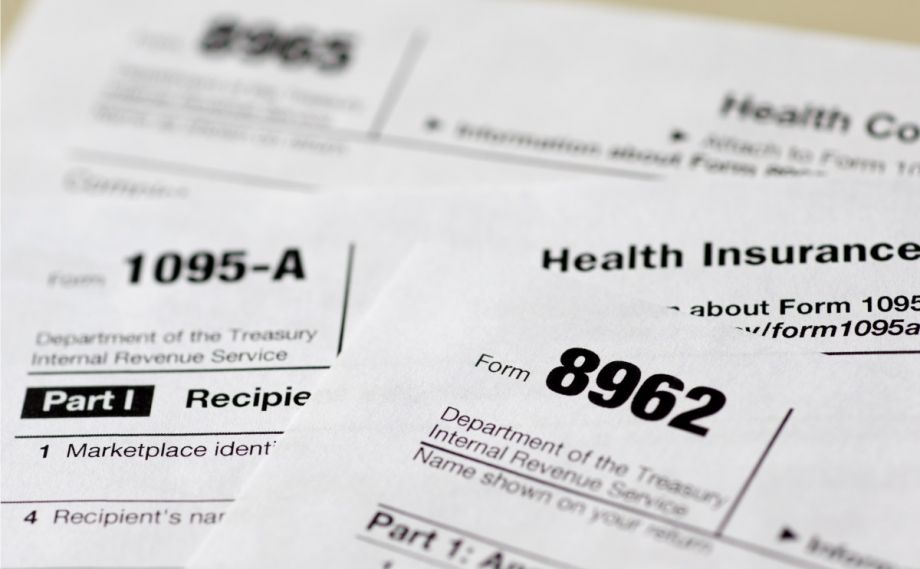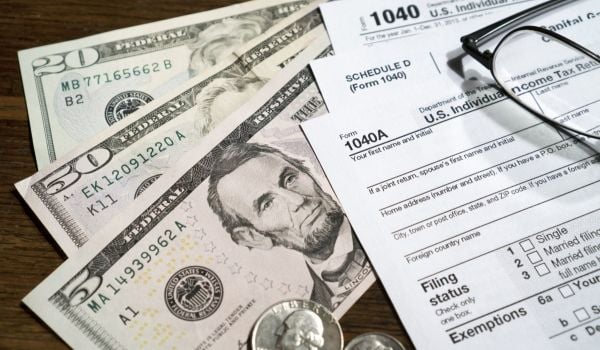This tax season is set to be even more groan-inducing than usual. Trying to reach the IRS over the phone will be a Sisyphean task. Accountants and taxpayers alike will be adjusting to the new rules of the Affordable Care Act. Tax preparation software might be more expensive for freelancers than in years past.
While a potential refund can be a bright spot in the fiscal year, too often the taxpaying process is unnecessarily costly and confusing for low-income Americans — especially when they are preyed on by duplicitous servicers. “You go [to a pop-up tax prep site] expecting to have a pleasant experience,” says Brent Schondelmeyer from Kansas City-based nonprofit Next Step KC, “and you think you’re going to walk away with some amount of money, because you’re expecting a refund. It’s like going to the gas station wanting to fill your car up with gas and finding out you have a flat tire.”
Next Step KC is a United Way of Greater Kansas City initiative that was created in 2013 with a merger of three financial support organizations to provide a more holistic experience for their low-income clientele.
“The financial needs of these communities are not seasonal,” says Schondelmeyer. “Their angst and anxiety about these things are really focused around tax time, but we thought, ‘How can we build a robust year-round effort to address the financial needs of these families?’”
In addition to free tax prep, the organization offers financial empowerment education and small-dollar loans. It also helps get out the word about predatory lending (including payday lending) and the benefits of the earned income tax credit. “I think our community, maybe like a lot of others, have not properly recognized just what an economic stimulus the EITC can be,” says Schondelmeyer, who points to an interactive map created by the Brookings Institution that shows where in the U.S. people are and are not taking advantage of the EITC.
All Americans who make less than $53,000 qualify for free tax prep through online portals like MyFreeTaxes (which sets the maximum income slightly higher, at $60,000) or local in-person sites like Next Step KC or other IRS-sponsored Volunteer Income Tax Assistance (VITA) sites.
“We’re trying to tell people that there are alternatives to having your taxes prepared. That’s the broader message,” says Schondelmeyer.
The Equity Factor is made possible with the support of the Surdna Foundation.

Alexis Stephens was Next City’s 2014-2015 equitable cities fellow. She’s written about housing, pop culture, global music subcultures, and more for publications like Shelterforce, Rolling Stone, SPIN, and MTV Iggy. She has a B.A. in urban studies from Barnard College and an M.S. in historic preservation from the University of Pennsylvania.















